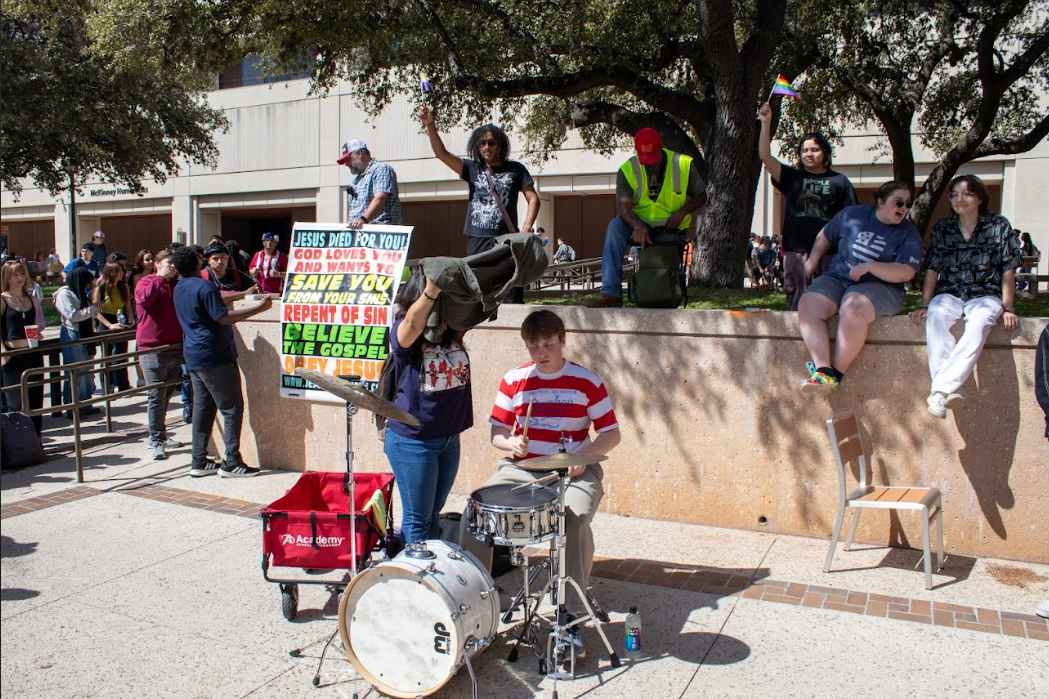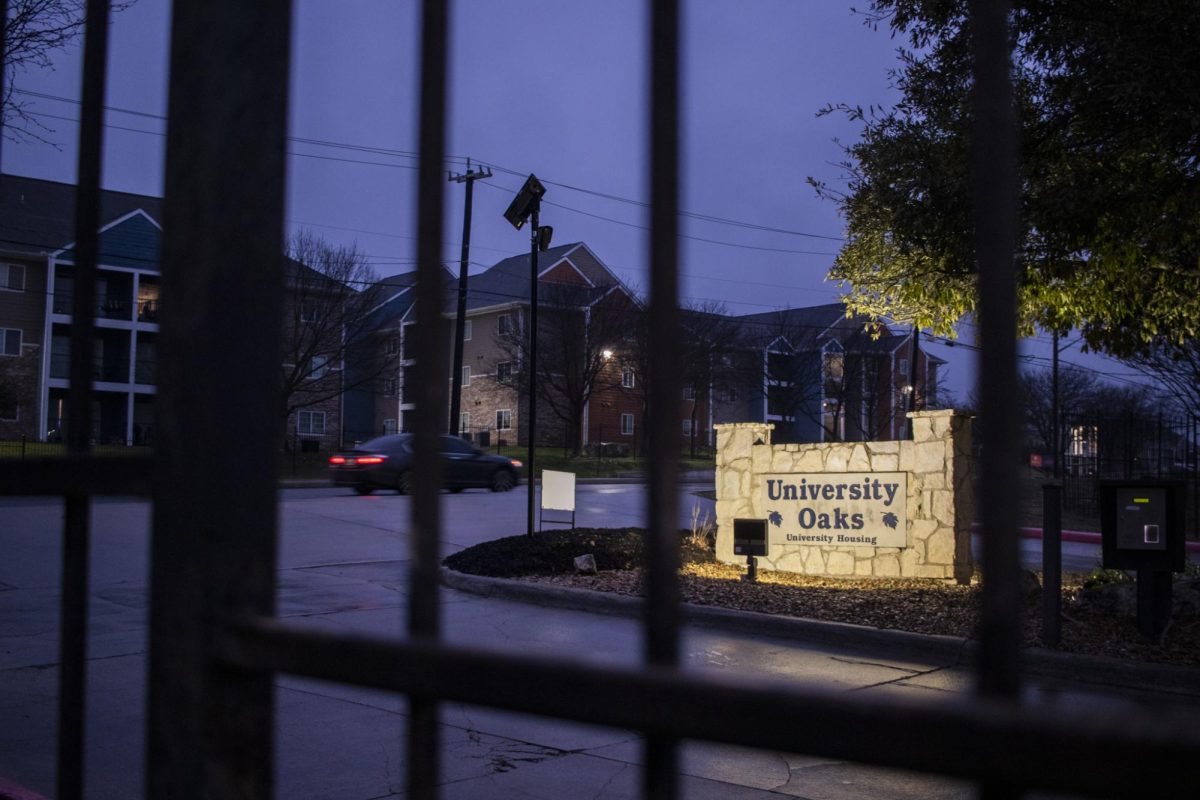_umatter__gallery.jpg)
Marcus Connolly, The Paisano
In an effort to generate discussion on college affordability, Congressman Joaquin Castro held a Twitter town hall where he encouraged over twenty six thousand followers to tweet their education related questions using #UMatter. The discussion took place on April 2 , and lasted about 30 minutes; the Representative of Texas’ Congressional District and UTSA spent that time directly answering individual’s questions concerning their loans whilst criticizing the GOP’s proposed budget.
“There are basically three ways students pay for college: loans, grants, work study. The GOP budget could hurt each one,” Castro tweeted.
The Republican-led House of Representatives tout that their proposed budget resolution (A Balanced Budget for a Stronger America) would balance the budget in less than ten years without raising taxes, cutting 5.5 trillion dollars in spending and bolster national defense funds. The proposed resolution would streamline the GOP’s legislative priorities including tax reform, energy independence via the private sector, a reliable and robust transportation system, repealing the Affordable Care Act and overhauling Medicare. The resolution would also limit eligibility to Pell Grants, citing the draining of the system by students accessing them who do not truly need them.
Speaker of the House John Boehner lauded the proposal in a statement: “For 53 of the last 60 years, the federal government has spent more than it has taken in — 53 of the last 60 years. It’s unacceptable. To this day, now in his seventh year in office, the president has never proposed a budget that balances. Our budget will balance but it’s also about growing our economy, growing jobs and building economic strength for our future.”
At a time when student loan debt exceeds $1.3 trillion dollars and is generally surrounded by a cloud of confusion, families need solutions to alleviate the cumbersome cost of higher education. A motif throughout the #UMatter discussion was the juggling act that many college students struggle with: maintaining their grades and working simultaneously to afford tuition.
Castro expounded on this idea, stating, “Many college students are in a work/school tug- of- war. Need to pay tuition, but work too much to focus on school, so their college work suffers and they are pulled toward work. It happens way too much in America.”
He reiterated this theme, saying that “the GOP budget exacerbates the work-school tug- of- war.”
Other education issues important to Castro are access to year-round Pell Grants, the Public Service Loan Forgiveness Program, the ability for students to refinance their loan debt at the lower interest rates available to new borrowers and in-state tuition for undocumented students, or Dreamers. Throughout the discussion, he vocalized his support for these programs while chastising the GOP budget for threatening their existence.
More than 40 million Americans have at least one outstanding student loan. Politicians creating space for discussion about such a complex and confounding topic- debt accumulated while pursuing higher education- is crucial.








